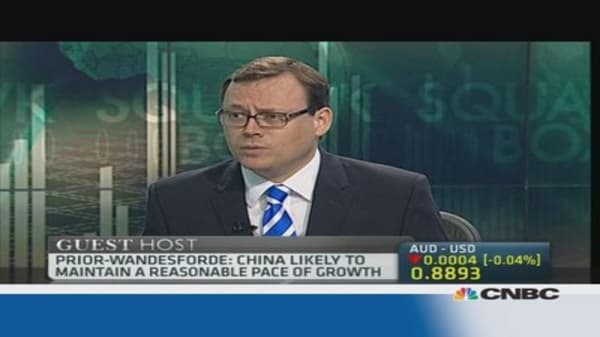Australia is the world's most expensive destination for foreign students, but thanks to a weakening currency, the popular venue for education is set to become more affordable.
According to a report from HSBC, Australia currently tops the rankings of the costliest nations for higher education, with annual expenses topping $38,000 a year. But that could change with the Australian currency tumbling more than 12 percent against the U.S. dollar this year.
(Read more: Like in cricket, Australia's dollar has lost its edge)
Graham Heunis, head of retail banking and wealth management at HSBC, says the strong Aussie dollar in recent years have dealt a blow to local tertiary institutions, traditionally a popular choice among foreign students for its international recognition and relative proximity to the rest of Asia.
Foreign student enrollments in the country have fallen 12 percent between 2009 and 2012. During that time, the Australian dollar rose around 50 percent versus the greenback.
(Read more: Why a Rudd win could mean more drubbing for Aussie)




